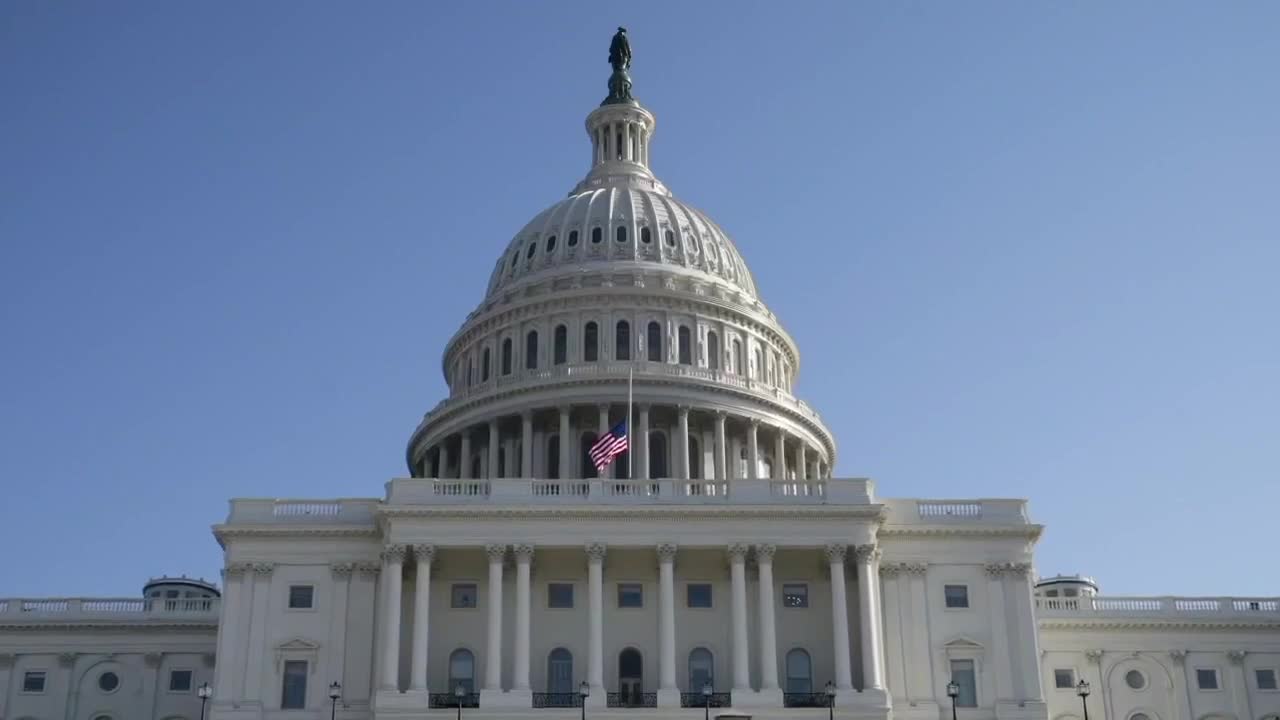BAKERSFIELD, Calif. (KERO) — With the federal government facing the possibility of a shutdown, Rep. David Valadao says partisan gridlock in the Senate is blocking what he calls a straightforward solution to keep agencies funded.
The Hanford Republican said the House has already passed a continuing resolution, or CR, that extends current funding through Nov. 21.
“We put the clean CR, no funny business in it like has happened in the past, and we passed it off the House floor,” Valadao said. He described the measure as a simple extension meant to give Congress time to finish full appropriations bills.
Valadao argues Democrats in the Senate are pressing for major fiscal provisions in exchange for their votes, including permanent tax credit extensions he says could cost “literally hundreds of billions of dollars.”
“They see this as leverage to get something that they want to get done,” he said.
Although Republicans hold majorities in both chambers, Senate rules require 60 votes to advance the resolution, meaning seven Democrats would need to join Republicans.
“The provisions they’re asking for—for a short-term bill—are just not appropriate,” Valadao said. He added that those debates should be resolved separately, not tied to a stopgap funding measure.
The debate recalls the 2018 government shutdown, which lasted 35 days, the longest in U.S. history. Valadao voted against that year’s resolution, saying it was loaded with political gimmicks and had no chance of passing the Senate under then-Speaker Paul Ryan.
“I knew that we were just posturing and it was frustrating,” he said.
This time, he argued, Republicans have offered a clean measure without additions.
“This is something that should have bipartisan support. Democrats and Republicans should come along. It’s only trying to keep the government open while we finish negotiating.”
Valadao said the sticking point remains in the Senate, where Democrats are demanding permanent tax credit extensions and other long-term fiscal measures in exchange for their support. He argued those debates should not hold up what he described as a bipartisan opportunity to keep the government operating.
Stay in Touch with Us Anytime, Anywhere:



